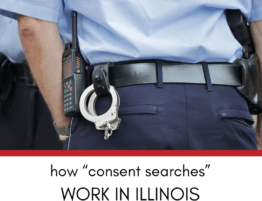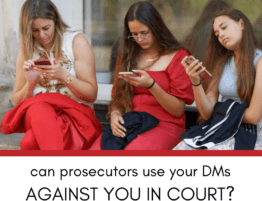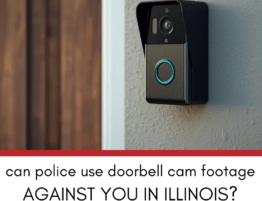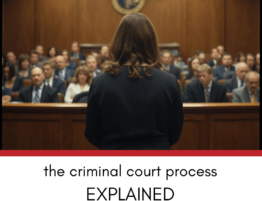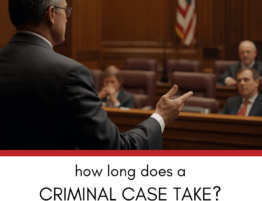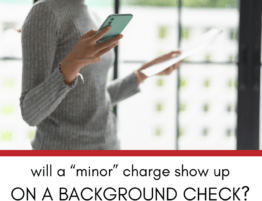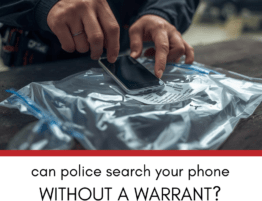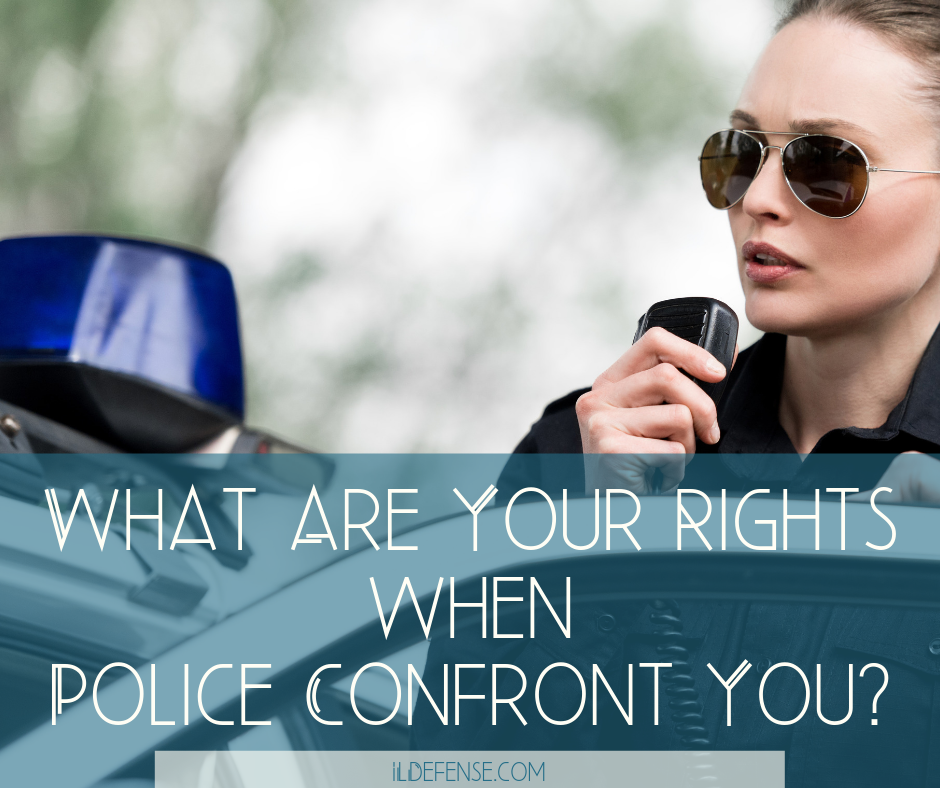
If you’re like many people, you’re not sure what your rights are when police confront you – and that’s okay. This guide explains your rights so you know how things are supposed to go when you encounter police.
What Are My Rights When Police Confront Me?
Whether or not you’re being arrested or detained, and whether or not you’re in the United States legally, you have rights guaranteed under the U.S. Constitution. Your rights include:
- The right to remain silent
- The right to be free from unreasonable searches and seizures
- The right to talk to an attorney
Related: What should you do if police are knocking on your door?
Let’s be clear, though. There are certain things you should do when the police confront you – even if they’re wrong about who you are or what you were doing – or if you feel they’re behaving badly. If the police confront you, no matter what you’re doing, you have to:
- Stay calm
- Don’t swear or yell, or even raise your voice
- Don’t run
- Don’t resist
- Don’t obstruct (get in the way of or prevent them from doing something) the officers
- Don’t lie
- Don’t give them false documents
- Keep your hands in plain view
- Ask before you reach for something – even your wallet
These things will help you stay safe if police confront you.
Related: What rights do you have if you’re pulled over by police?
Your Rights When Police Confront You
Let’s take a closer look at your rights when police confront you.
#1. The right to remain silent
You don’t have to answer any questions about:
- Where you’re going
- Where you’re coming from
- What you’re doing
- Whether you had any part in a situation the police want to ask you about
If you want to exercise your right to remain silent, you must say so out loud. You can do that by saying, “I want to remain silent, and I’d like to talk to an attorney.”
You do have to identify yourself if the police suspect you of being part of a crime, though.
 Example #1
Example #1
The police stop you outside a bank and hold you for questioning about a robbery that just occurred there. If they tell you that they suspect you were part of the crime (or if they’re actually arresting you on suspicion of being part of the crime), you have to identify yourself.
Example #2
The police stop you outside of a bank and ask you if you saw someone running down the street. They don’t indicate that they think you had something to do with a robbery that just occurred there. You don’t have to identify yourself.
Related: Your constitutional rights if you’re stopped by police
#2. The right to be free from unreasonable searches and seizures
You don’t have to consent to a search of yourself or your belongings. However, the police are allowed to pat down your clothing if they think you have a weapon or if you’re being arrested.
If police say, “Do you mind if we have a look inside your trunk?” you can absolutely say no.
However, you have to know that just refusing to consent to a search doesn’t mean police won’t do it anyway. They might still search you or your belongings – but making an objection before the search can help preserve your rights in the future.
#3. The right to talk to an attorney
If you don’t have the money for an attorney, you have the right to a government-appointed lawyer. You also have the right to talk to an attorney before you submit to police questioning, and to have your lawyer with you while police are questioning you.
Do You Need to Talk to a Lawyer About a Criminal Case?
If you’ve been arrested or accused of a crime, we may be able to help you.
Call us right now at 847-920-4540 to get a free case review – we’ll answer your questions and start building a legal strategy that gets you the best possible outcome.
Contact Us
"*" indicates required fields

